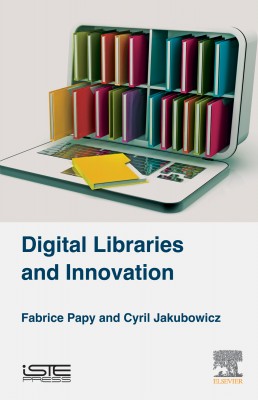
The digital libraries emerging from "information societies" no longer concern only digital technodocumentary devices that are patrimonial, cultural or scientific. Social networks and high-audience merchant sites share the same technologies, heterogeneous digital resources, offer identical user experience (UX) capabilities, and are born within the same communities of designers and engineers.
These technology-induced recoveries nourish a usage fantasy that irrigates a transformation movement of innovation where use and user occupy a central place.
The evolution of digital libraries does not constitute a disjointed set of singular innovations. They are the result of an innovation movement that gives them a specific dynamic and produces two major effects: empowering users and increasing their number.
The combination of these effects is likely to have a positive impact not only from an economic point of view but more broadly from a social point of view.
1. Digital Building of “Information Society”.
2. Innovations.
3. Digital Library Collaborations Focused on Technology.
4. Re-engineering Digital Libraries While Focusing on Usages.
Fabrice Papy is Professor of Information and Communication Sciences at the University of Lorraine in France. His research activities focus on the problems of mediation instrumented by ICT in the digital devices of the "Society of Information".
Cyril Jakubowicz is an innovation consultant, and works with creatives, researchers and engineers to design, produce and disseminate innovation. He carries out these activities in various fields: information sciences, telephony, music, and medicine.